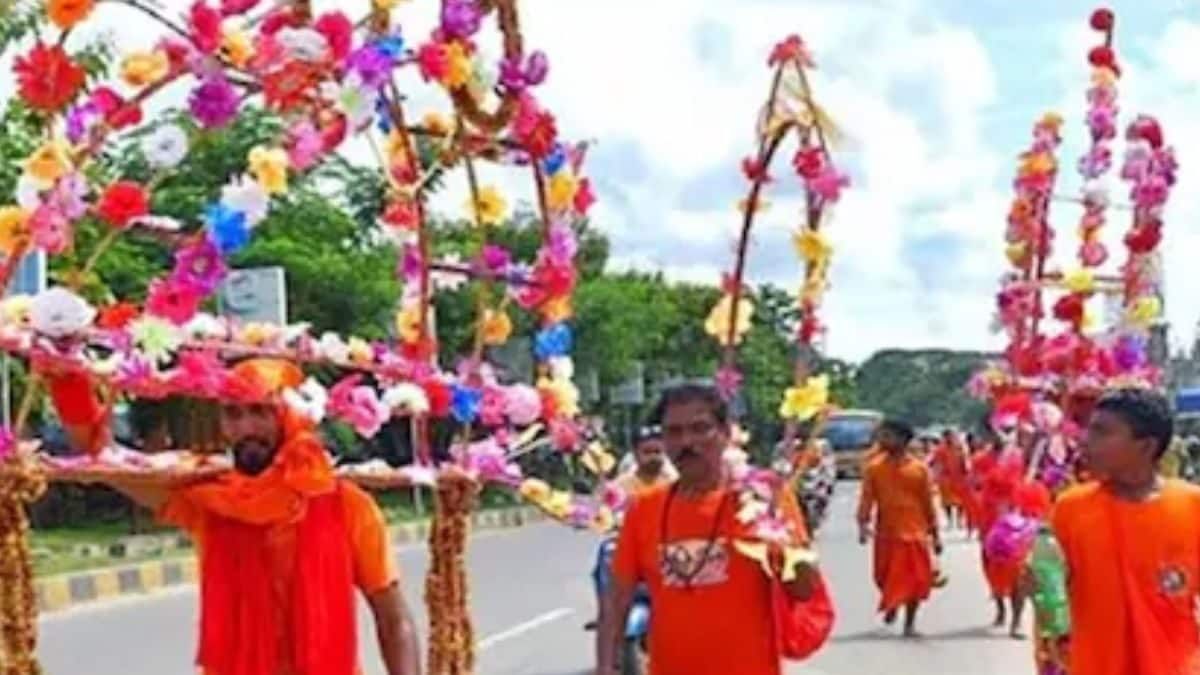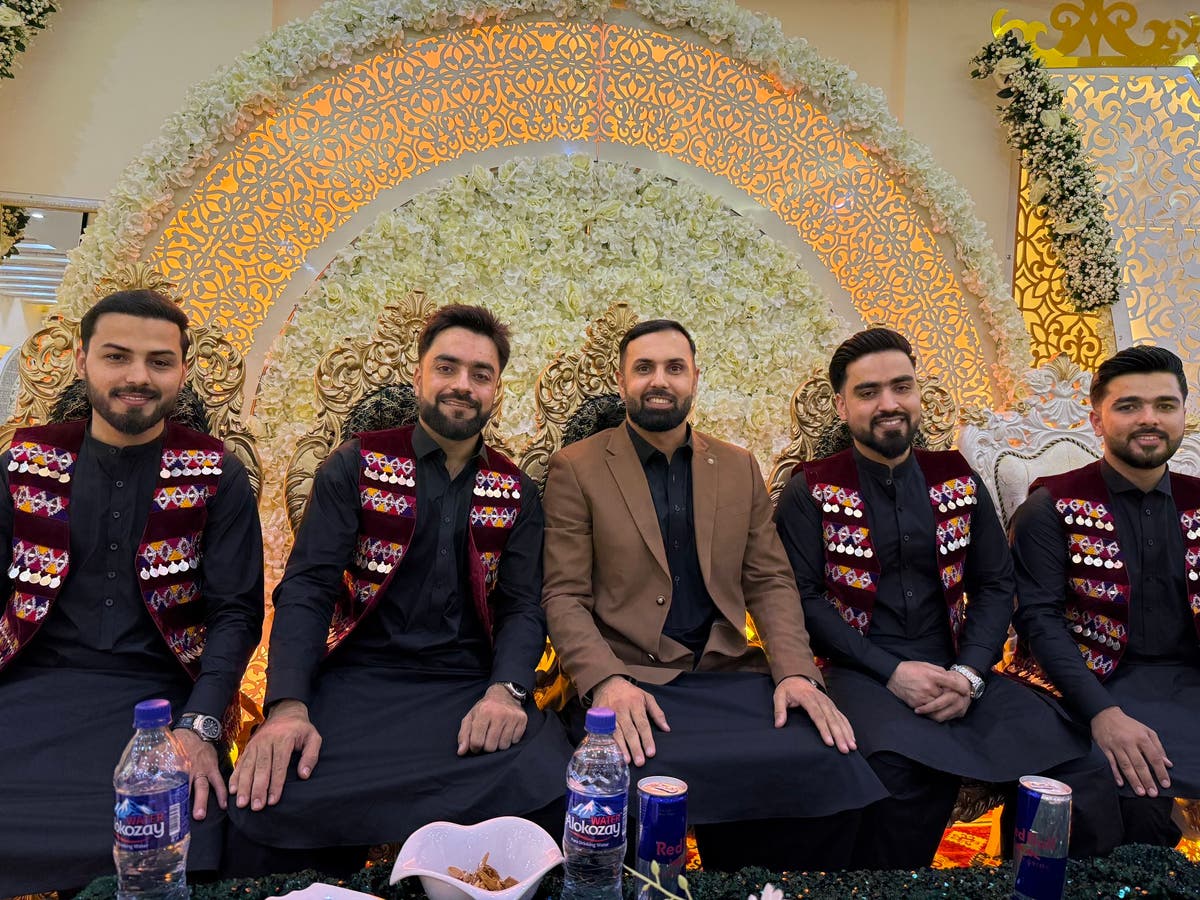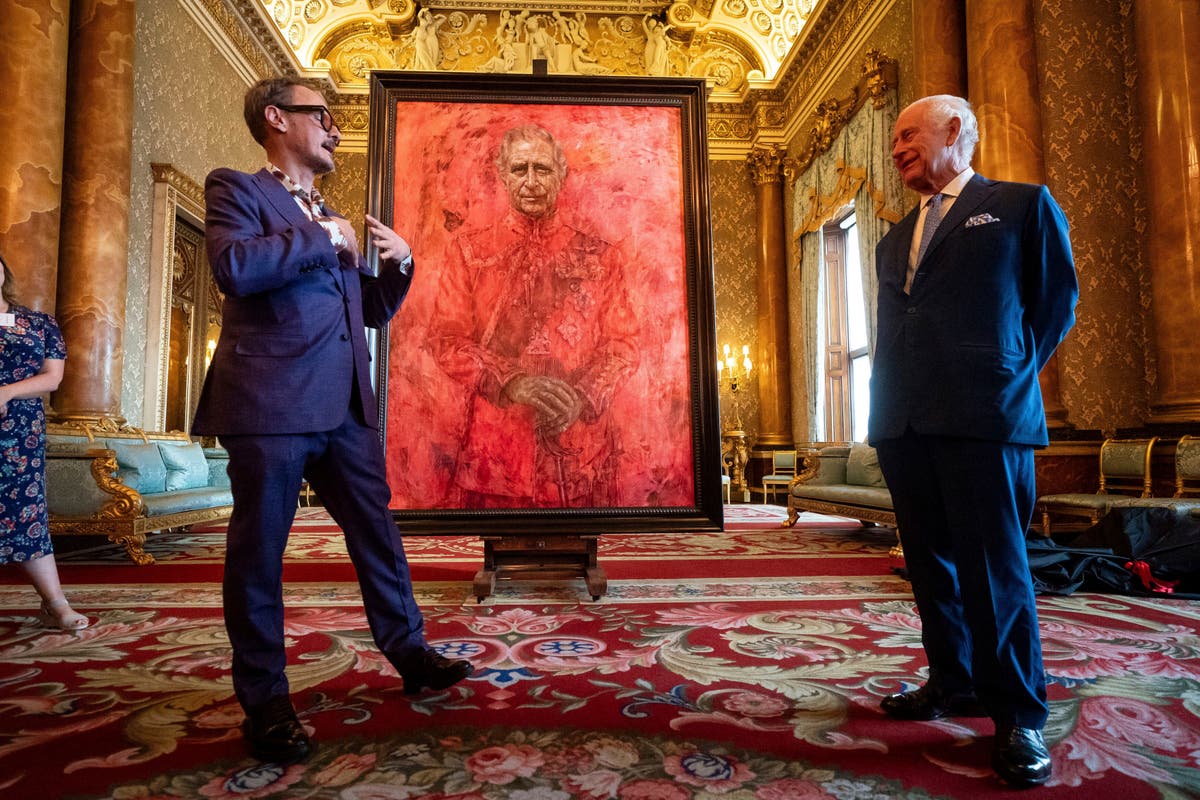Kanwar Yatra will end on August 2.
Kanwar Yatra also celebrates Shivratri, which falls on the Triyodashi tithi in Krishna Paksha during the month of Shravan.
The Kanwar Yatra is an annual pilgrimage by Shiva devotees, known as Kanvarias or Bhole, to Hindu pilgrimage sites such as Haridwar, Gaumukh and Gangotri in Uttarakhand, and Ajgaivinath and Sultanganj in Bhagalpur, Bihar, to seek holy waters from the Ganges River. This year, the Kanwar Yatra began on July 22 and will end on August 2.
The Yatra also celebrates Shivratri, which falls on the Triyodashi tithi in Krishna Paksha during the month of Shravan. Every Kanwar Yatra has some principles that the Kanwariyas have followed, though the new age and technology have also changed them. So let us first know what rules they followed when the Kanwar Yatra was celebrated a decade or two ago so that the sanctity of this journey remains.
– You cannot get drunk during the trip or eat meat.
– No vehicles will be used. People will walk and sleep on the ground.
– They will not take any leather objects with us and we will not use them either.
– They will not raise the Kanwar above our heads.
– They won’t fight during the trip, we will keep the peace.
Usually, Kanwar pilgrims do not insult each other during the journey. What is the reason behind this? A Pandit ji explained that the reason why all Kanwariyas worship Lord Shiva during the journey is because they keep him in mind. To stay in the form of Lord Shiva, they take the name that is suitable to worship God.
That is why during the journey, they never take the names of their companions but call them Bam, Bhola or Bholi. For them, every Kanwar Yatra Yatri is simply a Shiv Bhakt, so they do not take their names and build a relationship by addressing each other in this manner.
According to ancient Hindu mythology, Lord Parshuram, an ardent devotee of Lord Shiva, started his first Kanwar Yatra during the month of Shravan. He offered gangajal to Shivlingam on Trayodashi Tithi. Since then, this practice has been continued by saints who religiously follow Lord Shiva. Apart from men, women also participate with full enthusiasm.












